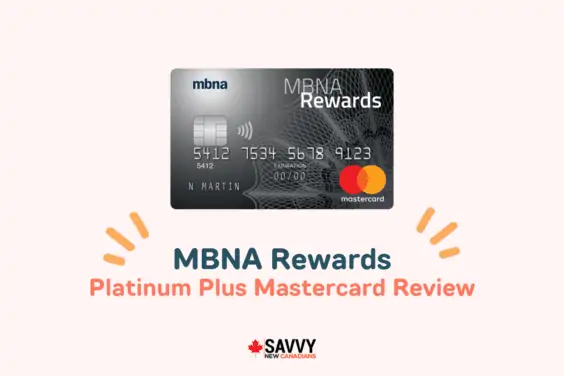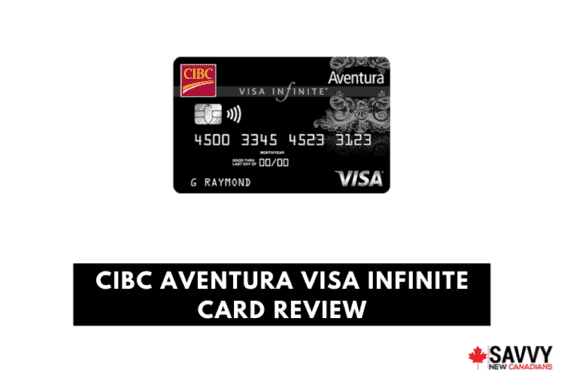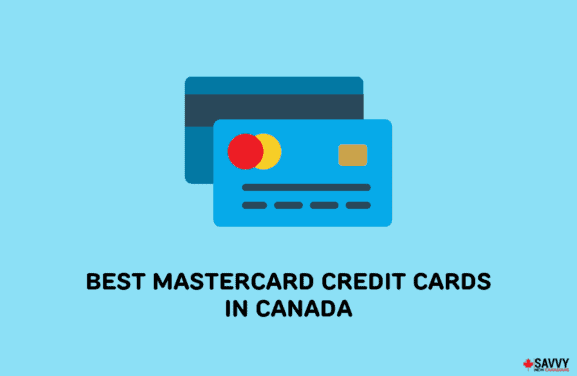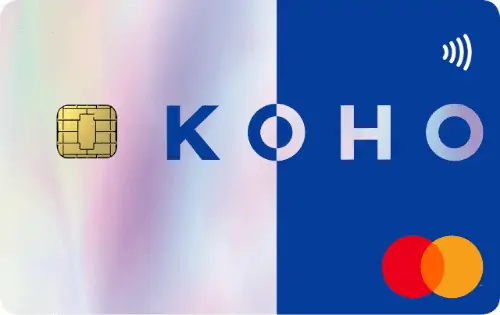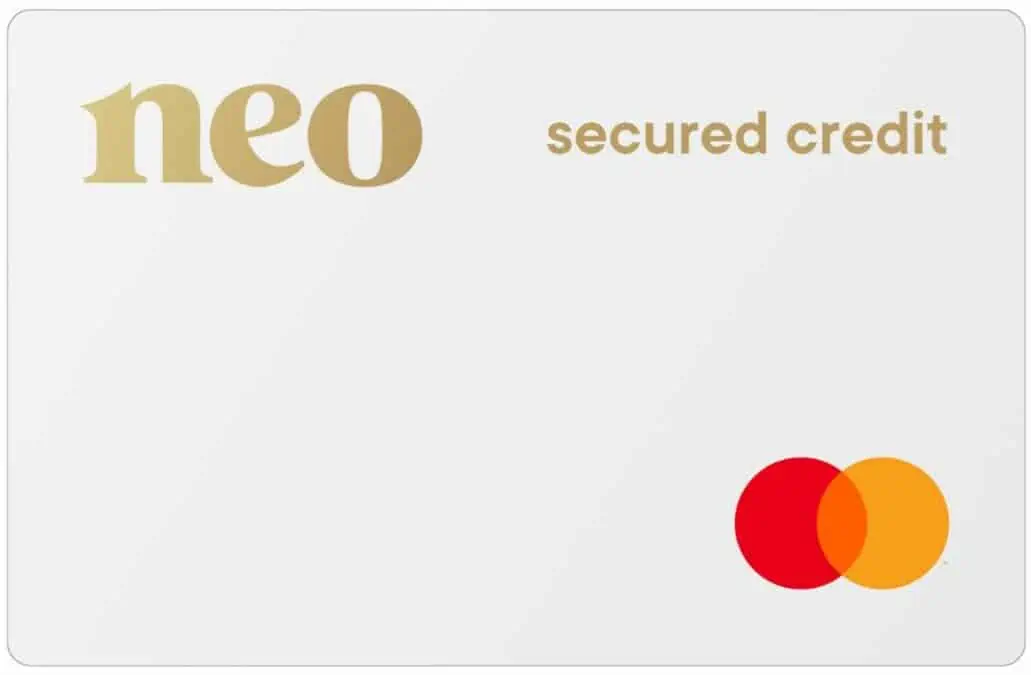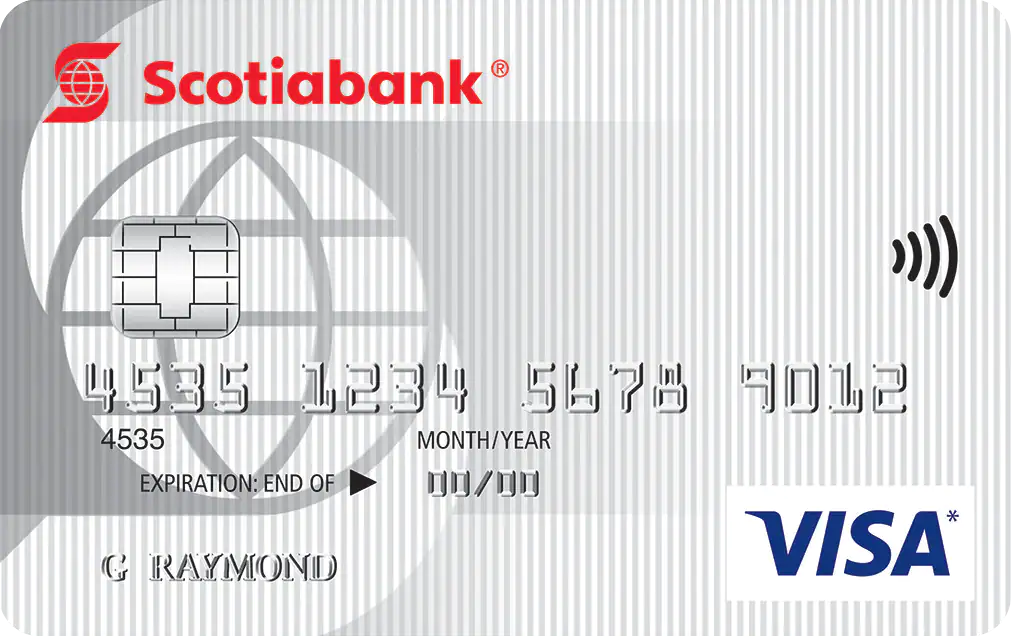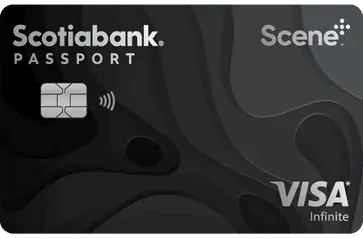Using a credit card to shop has several advantages. First, credit cards provide a convenient way to make purchases. In addition, many come with premium perks and rewards.
Some provide cashback so you can earn money as you spend. And they provide a useful way to get quick access to credit when needed.
Applying for a credit card in Canada is relatively straightforward. All the major banks in Canada provide credit cards, and you could apply for an RBC credit card, TD Canada Trust card, Scotiabank credit card, BMO credit card, and many more.
There are a few steps to take, but as long as you meet certain requirements set out by the card issuer, you should not find the process too difficult.
In this guide, we’ll look at all the things you should consider when you apply for a credit card in Canada.
How to Apply for a Credit Card for the First Time
Most credit card issuers make it easy to apply for their cards online. They also usually allow you to apply over the phone or in person.
Credit cards also have eligibility requirements, and you should check these before you apply.
The information will usually be displayed on the credit card website. Common requirements include minimum age, residential status, and minimum income.
Many will also require a good credit score, which usually means above 660, but this requirement is not always clearly displayed.
If you apply online, you usually just provide the information required, like your full name, address, income information, and employment details.
If you apply in person, you may be asked to show documents to back up the information (e.g. proof of address).
Related: Best First Credit Cards in Canada.
How to Choose a Credit Card
While the application process is fairly straightforward, the more difficult part is often choosing the right card for you.
There are several factors to consider here:
Check Your Credit Score
First of all, check your credit score. Most credit cards in Canada require a good credit score, but some credit cards allow you to apply with a fair credit score.
You should know your score so you have a good idea about whether your application will be accepted. You can use Borrowell to find out your score for free.
Compare Credit Card Types
There are several types of credit cards, and your choice will depend upon your specific needs. The most common types of credit cards are:
- Rewards credit cards
- Cashback credit cards
- Low-interest credit cards
- Balance-transfer credit cards
- Secured credit cards
- Business credit cards
- Student credit cards
- Store credit cards
A cashback credit card might be best if you want cashback every time you shop. On the other hand, a secured credit card might be a better choice if you have a poor credit score.
Compare Interest Rates
Whichever type of credit card you choose, ensure you know the interest rate. This is expressed as the APR, which means the Annual Percentage Rate.
You get charged interest daily, but the APR gives you a good way to compare interest rates. The lower the APR, the better.
Low-interest credit cards have APRs of about 12%, while standard cards have about 20%. Most cards will have different APRs for purchases and cash advances, so check both.
Compare Fees
Most credit cards have some type of fee, and the most common types of fees include:
- Annual fees
- Over-the-limit fees
- FX fees
- Cash advance fees
- Late payment fees
- Paper statement fees
Some cards have no annual fees, but they usually provide fewer rewards. Compare all the fees so you know what you can expect to pay.
Compare Rewards
If you want to earn rewards by using your credit card, check the available rewards cards.
There are many rewards schemes where you can earn points to get discounts in certain stores or to make savings on all your other purchases.
Premium perks include travel insurance coverage, access to airport lounges, discounts on hotels, and many more.
Avoid Applying for Several Cards
Don’t apply to lots of cards at the same time. Instead, choose one that best fits your needs.
When you apply for a credit card, your credit score takes a minor hit. It’s not a problem when you apply for one card, but it’s best not to apply for several simultaneously.
What Happens If Your Credit Card Application is Declined?
If your application is declined, do not apply for another one right after. As stated above, this can hurt your score.
It’s important to understand why it was declined. You should receive a letter with the details, and you’ll probably find that you either don’t meet the requirements or have a low credit score.
You may want to focus on improving your credit score. You could do this by finding another credit card that is more likely to accept you with a low or fair credit score, such as a secured credit card.
Some cards also have guaranteed approvals as long as you meet their requirements.
You can use this card to make regular payments and improve your score, making applying for a different credit card easier.
FAQs
If you have recently arrived in Canada and have no credit history, you may want to apply for a new immigrant credit card. Most major banks have these; you can use one to build your credit history.
You do not need to have a job to get a credit card. However, you may need to have some form of income.
You may find getting a credit card through your bank easier and more convenient. However, you should get the best credit card for your situation, whether through your bank or from another issuer.
There is no general minimum salary requirement for credit cards. However, some credit cards may set their minimum salary requirement to get approved.
While different cards have different procedures and sometimes don’t ask for verification, you should never lie on a credit card application about your income or anything else.
Conclusion
Applying for a credit card in Canada is simple. You may face extra hurdles if you have a poor credit score or no credit history, but you may still have options like secured credit cards.
Start by finding your credit score and exploring the available types of credit cards and their requirements. Then choose the most suitable card for your situation.
And if needed, here’s how you can cancel a credit card.
